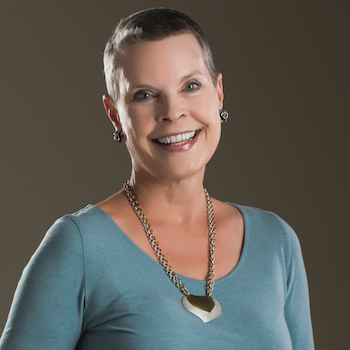 Healing can happen when we’re willing to do the work of it.
Healing can happen when we’re willing to do the work of it.
For Survivors of Child Abuse
I’ve adapted from several sources: Six Steps to Healing.
Trust –
The inner you that went into hiding, as a child, needs to know the “adult” you is safe. Treat the wounded “you” the way you would have liked to be treated when you were little.
Validate –
Validate you by acknowledging that these things wounded you, clear to your soul. Your response to being wounded was completely normal under abnormal circumstances.
Be angry –
It’s okay to be angry. In fact, be enraged at the injustice. You have to get angry before you can get well. Think of your anger as a healthy response.
Grieve –
Mourn your betrayal, of what ‘might have been,’ what your family could have looked like, what a carefree childhood should have felt like. Grieve your loss.
Allow sorrow –
Feel sadness for your inner child’s pain. It was so lonely – this feeling that there was something, somehow, wrong with you
Face forward –
Acknowledge your history – but do not let it define you. Believe you’re strong enough. You are – you survived.
For Family Members
When someone discloses their painful childhood experience, they do so believing they can trust you. Or, perhaps it’s that they hope they can. Here are some tips on how you can help support the one you love. If that someone is a friend, an aunt, a daughter or son, anyone really, who comes to you with their story, be a safe haven.
If that person is your spouse/partner, having a healthy, thriving relationship is absolutely possible, despite their childhood abuse.
These ideas aren’t comprehensive (and are paraphrased from several resources),but my hope is, they’ll help.
Accept your partner (or family member) for who she/he is. You fell in love with this person. Their depth is so much more than you understood. They survived, able to love.
Safety in the relationship is critical. When they first disclose, or if you’ve just come up against a vulnerability of theirs, offer a break from the conversation if things get too heated. Make sure they know it’s not about them; that you love them, but taking ‘five’ might be a good idea.
Pay attention to what you’re feeling and put it to words. If you aren’t sure then say so instead of remaining silent. Silence scares. Even imperfect responses let them know that they are accepted by you.
Face the problems and work on solutions while staying sensitive to your partner – sometimes it’s best to defer things a while. This is difficult stuff. Assure them you want to come back to the discussion, when you are both ready.
Don’t respond in kind and try not to take it personally (the anger is most likely for the abuser). When you trigger something in your spouse, or a reaction seems disproportionate to what just happened, you’re probably dealing with a carryover from childhood. It isn’t about you, but try and sort out what triggered the response.
There will be some very stressful times, so learn how you can deal with it. What will reduce anxiety for you?
You’re in a tough situation that requires a lot of emotional energy; you won’t do everything perfectly even if your partner sometimes expects that. Care for your own physical and mental well-being so that you can be a supportive partner.
Be sure to take care of yourself – you may want to get some counseling of your own. Keep doing things that refresh and renew your spirit; good self-care is essential.
What to do when your child confides in you about sexual abuse:
Stay calm and steady – for their sake.
Believe them. False disclosures are rare.
Tell them it wasn’t their fault.
Tell them you love them.
Tell your child they’ve done nothing wrong.
Tell your child they did the right thing to tell you about it.
Be honest with their questions.
Listen and let them set their own pace in the disclosure.
Contact the people that can help.
Tell their siblings in age appropriate ways.
Strategies for Coping, if you’re the parent or relative, when your child has been molested.
Take care of yourself – emotionally and physically. Your child needs you.
Believe your child. It’s crucial for their recovery.
Share your experience with a trusted friend, or better yet a qualified counselor.
Be supportive of your spouse’s feelings (obviously, if the abuser wasn’t your spouse)
The child needs to feel safe.
Be compassionate with yourself. It’s natural to be angry with yourself for missing clues.
Take the right stand now for your child. It will make all the difference for them.
Feelings a parent might have upon learning their child has been molested.
Shock – perhaps even disbelief this could be happening to you
Feeling out of control – the weight of this has you spinning/reeling
Enraged – how could this have happened to YOUR child?
Guilt – for not somehow protecting them, for not seeing the signs
Grief – that your child’s innocence was stolen from them
Signs of sexual abuse:
No single behavior indicates child sexual abuse – except disclosure. Combinations can be telling. If several of these apply, begin asking clarifying questions.
In smaller children:
Has nightmares
Draws frightening images
Plays in sexual ways with toys (like stuffies)
Develops a fear of certain people or places
Refuses to talk about a secret shared with an adult or older child
Different names for private parts
Regressing to younger behaviors (bed wetting)
Clingy, anxious
In older children (adolescents)
Cutting oneself (or otherwise hurting oneself)
Talk of suicide
Depression or anxiety
Running away from home
Promiscuity
Drug or alcohol abuse